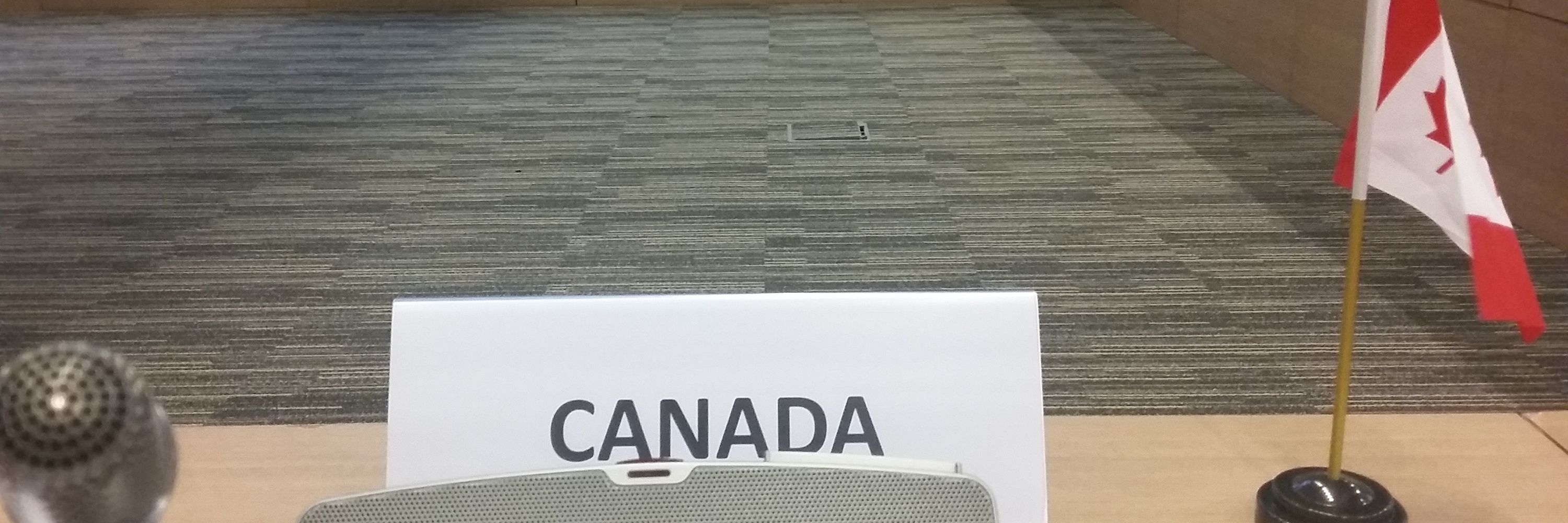
Avec @greenprofgreen.bsky.social, Daniel Muth et @ryankatzrosene.bsky.social, sous la présidence de @michaelmanulak.bsky.social.
>>> bit.ly/4m6PBzv

Avec @greenprofgreen.bsky.social, Daniel Muth et @ryankatzrosene.bsky.social, sous la présidence de @michaelmanulak.bsky.social.
>>> bit.ly/4m6PBzv

